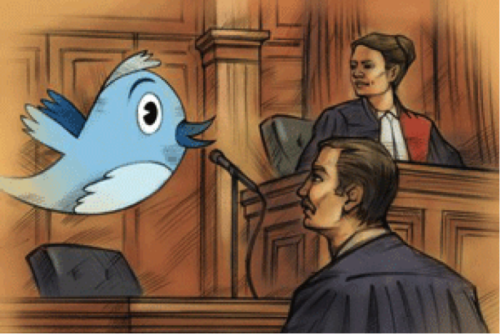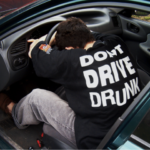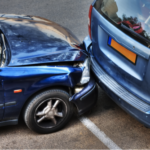Social media is blowing up fast, making people more interconnected than ever. People now leave behind a much larger online presence thanks to the information they post on social channels. Many people don’t think about social media as space where everything they say is kept on the permanent record and can potentially be used against them. I mean, it is kind of hard to see the consequences of posting hundreds of pictures of your cat or last night’s dinner online.
Law enforcement officials are starting to take advantage of the information that offenders leave behind on social media. It has allowed law enforcement to locate offenders who had outstanding warrants. One particularly interesting case happened in Virginia a few years ago. A 16-year-old boy who had disappeared while on probation for a larceny charge was still active on Facebook. His pictures helped law enforcement officials determine that he had joined a traveling circus and become a “carnie”. Officials found the circus tour schedule, went to the next stop on the tour, and promptly located and arrested the individual.
Even if your pictures are generally more mundane than those of a carnie in a traveling circus, social media is still a tool that law enforcement can use against you. An increasingly large number of people are being told that they have violated terms of their probation or parole because of something they posted online.
Often times, parole conditions are written with vague terms in order to give law enforcement more leeway in monitoring and enforcing penalties against parolees. Even something as small as flipping the bird in a picture posted online can result in a parole violation. That’s why I advise all my clients to make sure their online social presence is as clean and proper as possible, as it only serves to benefit them in the long run.
A Facebook status or tweet was written about law enforcement, even as a joke, can result in penalties or parole violation. Pictures of drinking, flipping the bird or being affiliated with gangs end up becoming tools that officials use to build a case against an individual. Even though the rules on what you can and can’t say on social media are still unclear, it is evident that your online presence carries real consequences.




